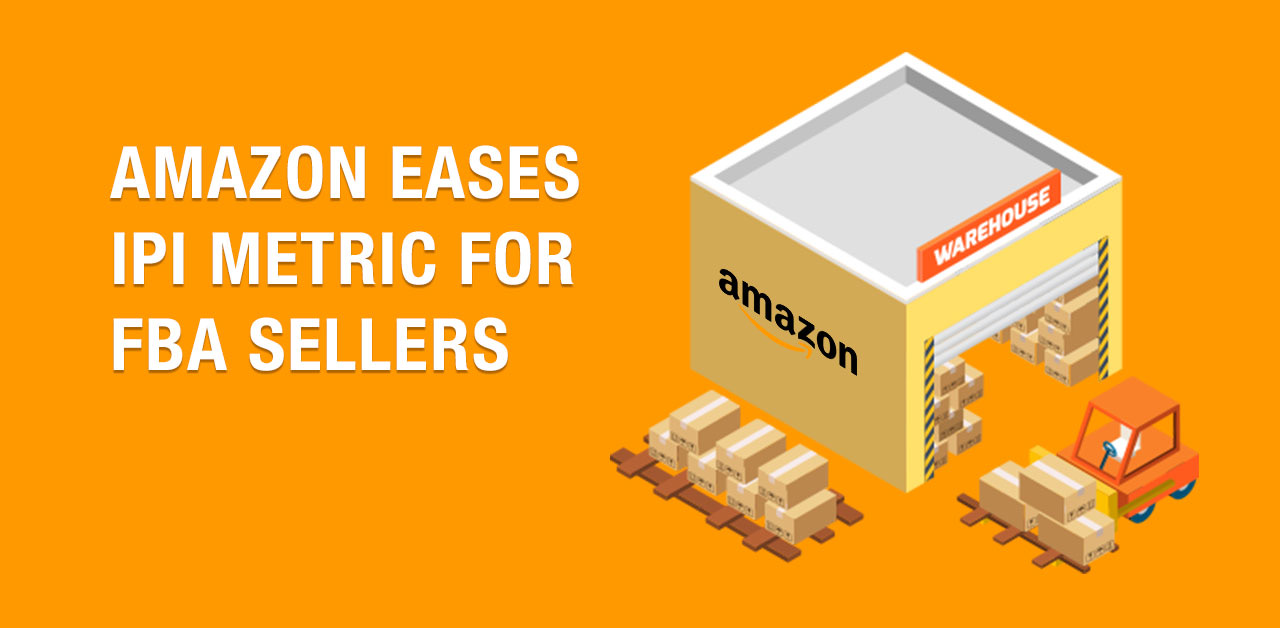The majority of FBA sellers will get a higher IPI score
Amazon is making it slightly easier for sellers who use its FBA fulfillment service by easing standards for the Inventory Performance Index (IPI)
Amazon announced: “As of January 20, 2020, your Inventory Performance Index (IPI) score considers both your recent and long-term inventory performance. Your IPI is now based on the time duration that results in a higher score.” (The higher the better for sellers.)
The company explained that the majority of FBA sellers would see a higher IPI score or no change at all:
“Previously, your IPI score was based only on recent inventory performance. The calculation change benefits sellers with lower sales volume in their off-peak season as well as sellers taking action to improve their inventory performance.”
This move comes after Amazon imposed stricter storage limits on sellers in January, changing the IPI threshold for storage limits to 400 (previously 350), reports EcommerceBytes.
One frustration sellers have cited about the metric is that Amazon does not disclose the formula it uses to calculate their IPI, only explaining in general terms: “We calculate IPI for you based on how well you maintain inventory levels, fix listing problems that make your inventory unavailable for purchase, and keep popular products in stock.”
More Amazon news

Unsafe products on Amazon mostly come from Chinese sellers
Amazon recruits more Chinese sellers and puts consumers at risk The Wall Street Journal takes a look at the rising number of Chinese sellers on Amazon and the problems they make The percentage of China-based sellers directly supplying products on Amazon...

Amazon launches free shipping to Israel
Amazon offers free delivery service in Israel Amazon launched free international shipping to Israel on Monday, and also unveiled a comprehensive Hebrew-language version of its website. According to Amazon, international orders “with at least $49 of...

How Amazon Rigs its “Buy Box” Algorithm
Amazon uses “Buy Box” algorithm to its own advantageFor Amazon sellers winning the “Buy Box” is everything. While Amazon says it’s a neutral arbiter, there is ample evidence that the company uses its algorithm to deliver outcomes that further its own...


